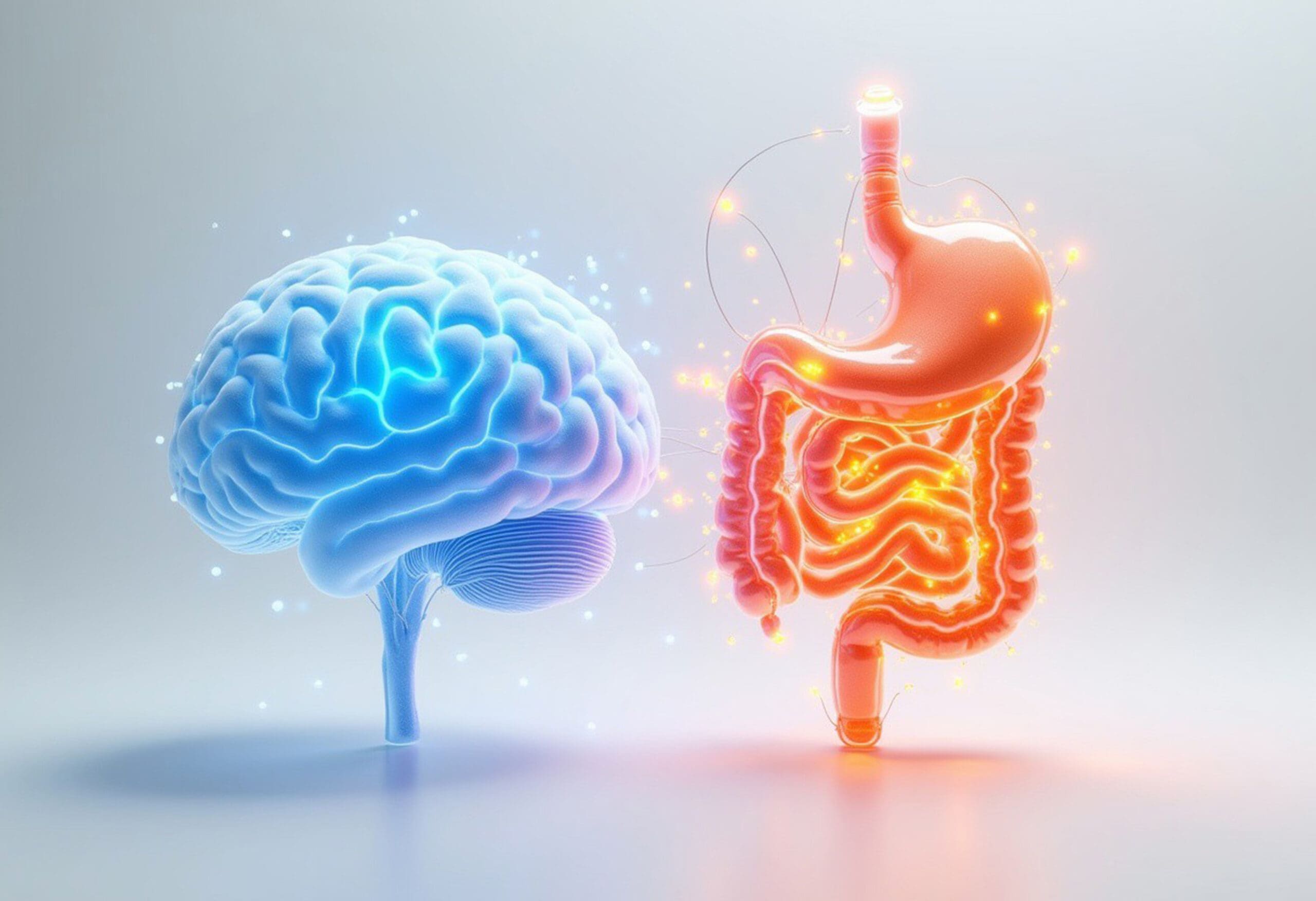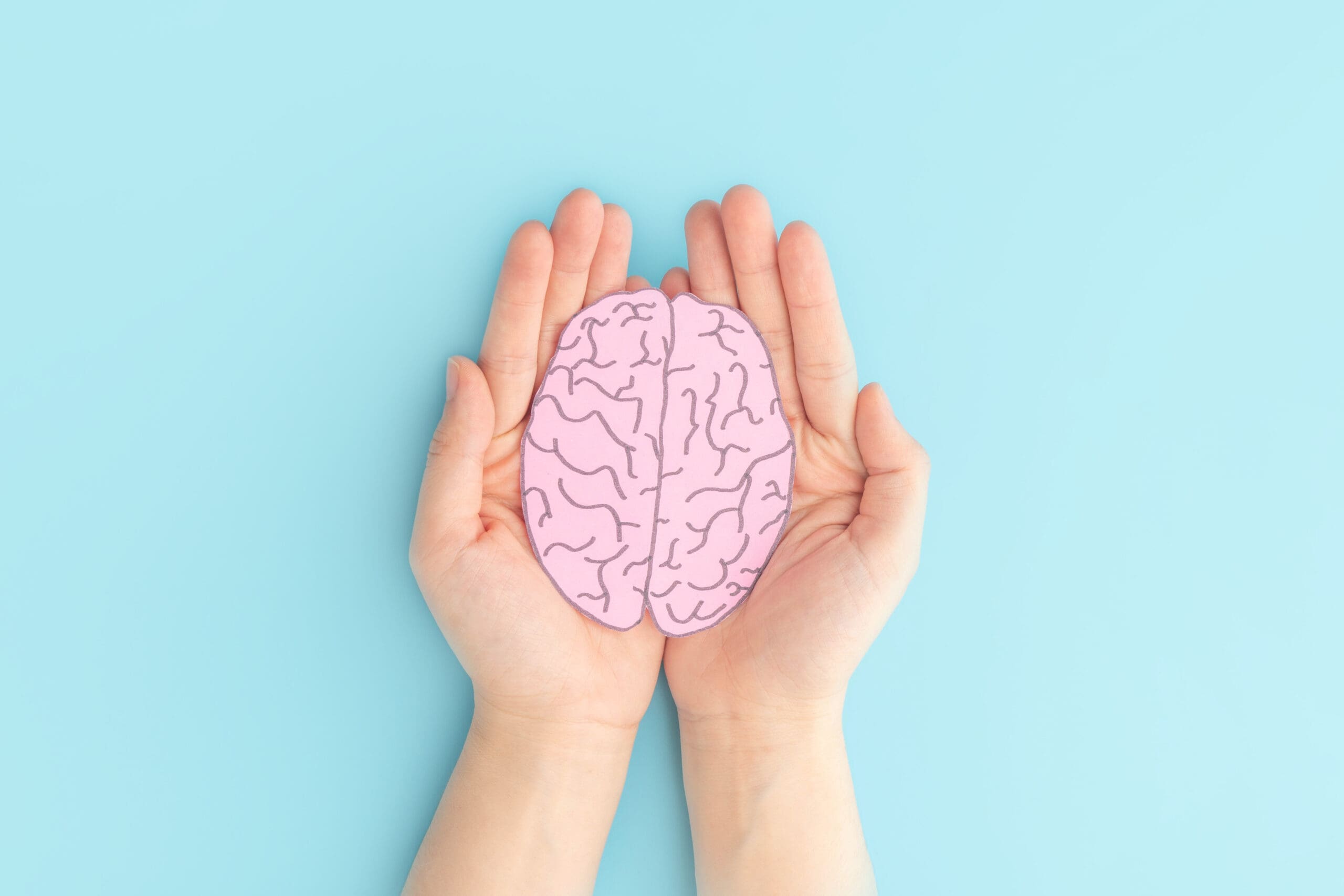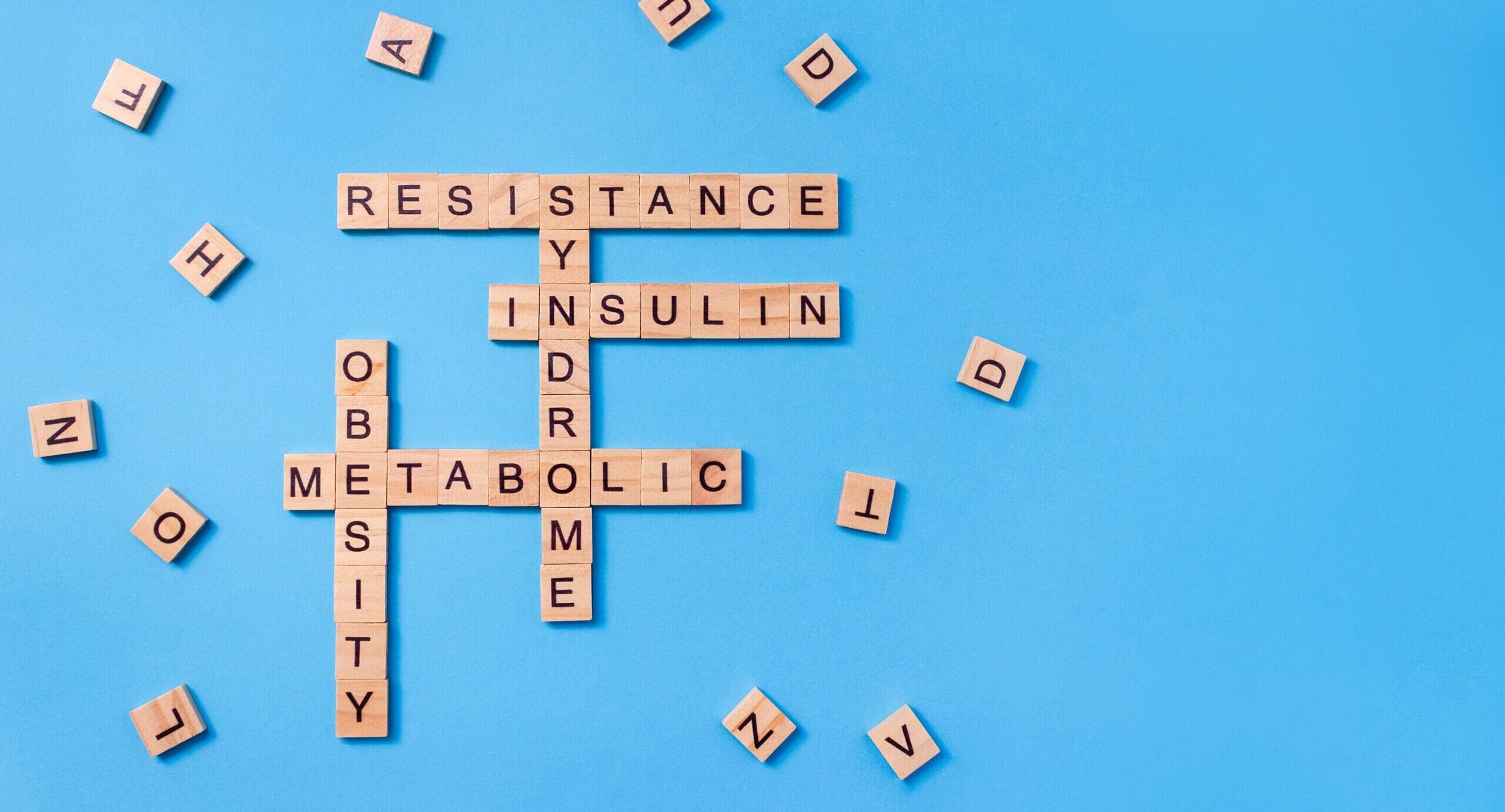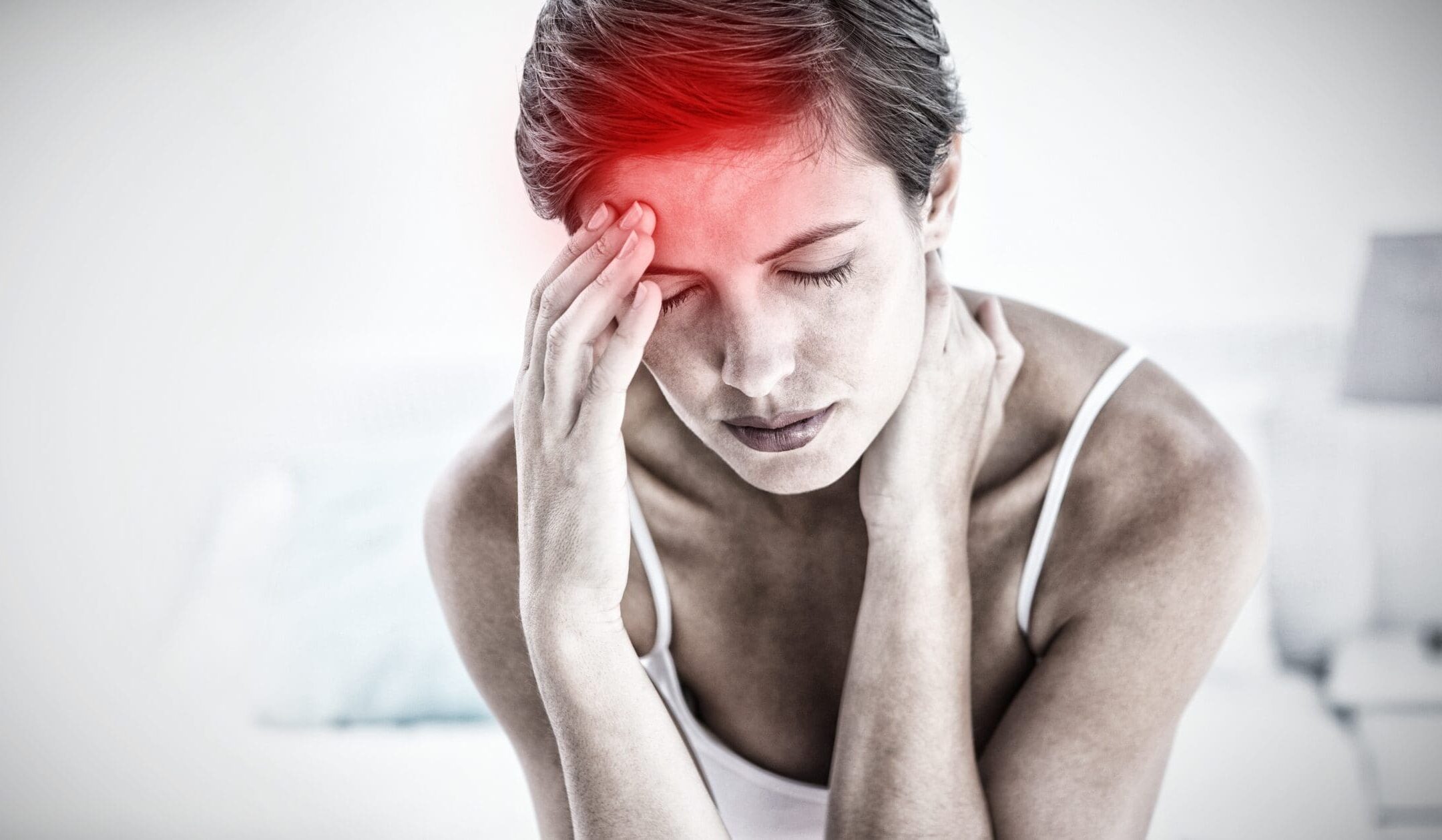Case study: Anxiety and polycystic ovarian syndrome (PCOS)
By naturopath Margaret Jasinska
Anxiety is an extremely common problem we see patients with at our clinic. Did you know the hormone imbalance resulting in PCOS can cause or exacerbate anxiety? This was certainly the case for my patient Rachel who consulted with me five weeks ago.
Rachel is a 28-year-old mum of a 3-year-old. She was first diagnosed with PCOS when she was 21. PCOS can be mild, moderate or severe. For most of the time Rachel’s case was mild, but it has become worse since the birth of her daughter, partly driven by weight gain. PCOS can cause fertility problems but fortunately that was not the case for Rachel.
Rachel was around 15 kilos overweight, most of which was held over her abdomen. She came with recent blood test results which showed she was low in vitamin D (not surprising since she has dark olive skin and rarely spends time outdoors). Her B12 level was at the very bottom of normal and she was zinc deficient. Women with PCOS usually have too high levels of male hormones in their bloodstream and that was the case for Rachel. The male hormones can cause symptoms like acne, greasy skin, scalp hair loss (particularly the front and sides), excess body hair and stubborn weight over the abdomen.
Anxiety was a big problem for Rachel. She had very poor stress coping mechanisms. She quickly felt overwhelmed and like she wouldn’t be able to cope with what she had to get done each day. She suffered with chest pains and palpitations regularly. Fortunately, a cardiologist determined there was nothing wrong with her heart. Other symptoms Rachel experienced were nausea in the mornings, abdominal bloating and bad breath.
Hormonal causes of anxiety
The term Polycystic Ovarian Syndrome is derived from the presence of small fluid-filled sacs or cysts which accumulate in the ovaries from trapped eggs, which were never released. In a normal ovary, a single egg develops and is released each month. In PCOS, normal ovulation or release of the eggs at the middle of the menstrual cycle is inhibited. PCOS is a syndrome, meaning a collection of possible symptoms. A woman may have PCOS without actually having ovarian cysts. Other typical symptoms are scalp hair loss in the male pattern (front and sides), acne, excess facial hair and body hair and weight gain around the torso. The metabolic state that is present with PCOS usually makes it extremely difficult to lose weight. Therefore most women with PCOS are overweight, particularly around their torso and upper body. They typically find weight loss extremely difficult and frustrating.
Because ovulation does not occur very often, these women do not produce adequate amounts of the hormone progesterone but do produce oestrogen. Progesterone is a calming, relaxing hormone. Not producing enough of it can cause significant anxiety, or make pre-existing anxiety a lot worse. Bio-identical progesterone cream helps to correct this hormone imbalance in women with PCOS. A prescription can be obtained through our clinic.
The majority of women with PCOS produce too much insulin in their bodies. Insulin disrupts normal ovarian function and leads to excess male hormone production. What causes insulin to be released? The answer is carbohydrate. Women with PCOS tend to oversecrete insulin in response to low-normal levels of carbohydrate in the diet. Research has shown that insulin resistance and hyperinsulinaemia (too much insulin in the blood) can adversely affect mood and worsen anxiety.
My recommendations for my patient
- I asked Rachel to reduce the amount of carbohydrate in her diet. Insulin-resistant people cannot handle common levels of carbohydrate. They oversecrete insulin in response to eating carbs and they are less likely to feel satisfied after a meal, therefore tend to overeat. That means carbohydrate needs to be restricted in the diet. There is an easy-to-follow low carbohydrate eating plan in Dr Cabot’s book I Can’t Lose Weight and I don’t know why.
- Magnesium has a calming and relaxing effect and helps stress coping abilities. I asked Rachel to take one teaspoon with her evening meal.
- Protein is the most important nutrient for those wanting to improve PCOS and reduce their blood insulin level. I asked Rachel to eat protein at every meal because it is extremely satiating. It would help to make her feel more full and satisfied after a meal, and keep her feeling satisfied for longer. This way sticking to a healthy diet will be easier. Examples of protein include eggs, seafood, poultry and red meat. Dairy products, nuts and seeds contain smaller levels of protein. Protein powders can be extremely helpful because they provide a quick, tasty and easy meal option for busy days.
- It was important to correct Rachel’s known nutrient deficiencies. They were B12, zinc and vitamin D.
- Bloating and digestive discomfort can be helped with BactoClear capsules. They contain the essential oils of clove, oregano and thyme.
Sugar, industrial seed oil, dairy products and alcohol can all increase inflammation in the body. Inflammation worsens insulin resistance. Almost any health problem is associated with excess inflammation. Being inflamed can make you feel tired, suffer with a low mood and can make weight loss very difficult. - There are specific nutrient deficiencies that can worsen insulin resistance. Correcting those deficiencies can improve outcomes. There are also herbal remedies that reduce elevated insulin levels.









Leave A Comment